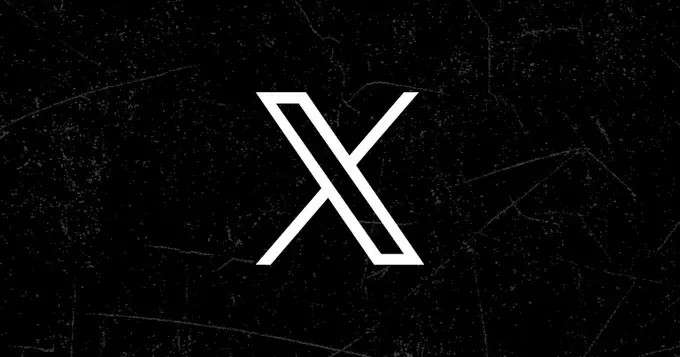The landscape of digital governance is undergoing profound changes, with the European Union (EU) at the forefront of implementing rigorous checks on social media platforms. As tensions escalate between the EU and the United States, particularly concerning Elon Musk’s social media platform X, we find ourselves at a critical juncture. The European Commission has signaled its intention to impose a monumental penalty—potentially around $1 billion—on X for violating the provisions of the EU Digital Services Act (DSA). This act represents a significant effort to manage hate speech, misinformation, and other deleterious content proliferating on social media.
This impending fine places the EU and the U.S. in a tense standoff. It reflects broader tensions surrounding tech regulation and free speech in the digital realm. The consequences of this case could have ripple effects, reshaping not just relations between Musk and EU officials but also altering how U.S. tech companies respond to international regulatory standards. This episode is not merely about penalties; it encapsulates a battle over the future of digital governance, corporate responsibility, and the role of national interests.
The Stakes Involved: Legal Actions and Corporate Strategies
Initial investigations by EU officials in 2023 into X’s approach to content moderation unearthed alarming findings. The revisions to X’s policies appeared to enable the spread of misleading information and illegal content. The EU’s decision to escalate its actions stems from a thorough examination of X’s risk assessments and transparency reports, leading to formal infringement proceedings. This methodical approach underscores the EU’s commitment to navigating the murky waters of internet regulation, but it brings significant risk for Musk and his platform.
Musk, already under scrutiny, is in a precarious financial situation, with declining advertising revenues further complicating his ability to absorb a fine of that magnitude. The challenge lies not just in the potential monetary penalty but also in the regulatory changes the EU may demand from X to ensure compliance. In recognizing the complexities of modern digital communication, Musk must balance compliance demands with the ethos of free speech that resonates with his public persona and his business’s foundational principles.
Trump’s Influence: Power Dynamics and Diplomatic Implications
The intertwining of Musk’s business decisions with U.S. political dynamics cannot be overlooked. Former President Donald Trump has made it clear that he aims to safeguard American technological interests against what he perceives as unfair foreign regulations. The critical relationship between Musk and Trump may provide X with political cover but could also complicate matters significantly.
For instance, Trump’s apprehensions regarding the DSA and EU regulations may lead to retaliatory economic policies, such as increased tariffs on European imports. Such actions would further entrench the U.S.-EU divide and complicate the already nuanced discussions surrounding digital trade. The intertwining interests between politics and technology could see Musk calling on Trump for support, positioning himself as a martyr under the weight of ‘unfair’ European regulations.
Moreover, Musk’s stated intention to challenge the fine in court adds another layer to the situation. If this legal battle ensues, it could emerge as a prolonged contest that not only impacts X’s operations but also sets a precedent for how digital platforms engage with international laws and policies.
A Shift in Public and Corporate Perception
The unfolding saga of X versus the EU may ultimately serve as a pivotal moment in redefining public perceptions about tech companies and their responsibilities. This case draws attention to the broader discourse on digital ethics and corporate accountability. Can companies like X genuinely claim adherence to democratic principles while battling regulatory frameworks designed to safeguard public interests?
Moreover, the fallout from this potential penalty may influence how other tech giants operate within the swiftly evolving landscape of digital regulations. Meta and TikTok have also faced separate issues with compliance under the DSA, indicating that scrutiny will not be limited to Musk’s realm alone. As awareness around information integrity and content moderation heightens, the call for tech companies to engage in responsible practices will only grow louder.
While the immediate future appears daunting for X, the broader implications of this struggle might foster an environment where the intersection of technology, governance, and public responsibility is more rigorously examined. The question remains: will corporations evolve to meet these demands, or will they continue to challenge regulations in favor of profit? The stakes are not just financial; they embody the future values we aspire to uphold in a digitally mediated society.


Leave a Reply